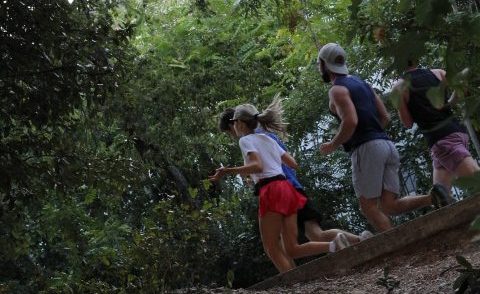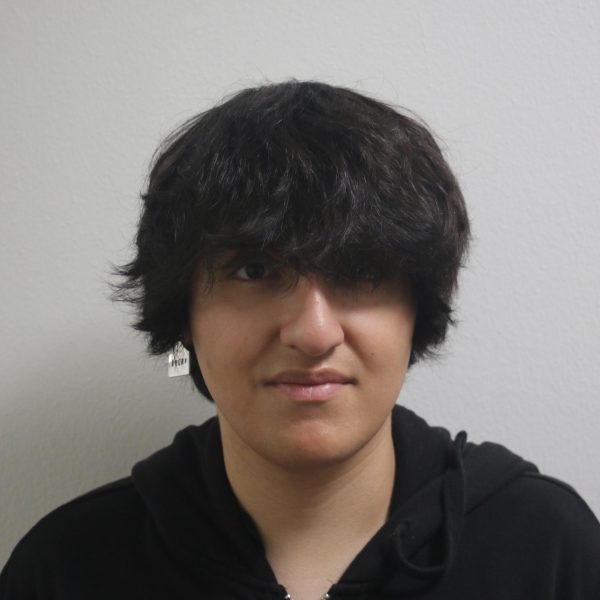Valeria Guzman is a semifinalist for the James Kent Cooke Foundation’s transfer scholarship.
The communications major represents Dallas College out of the 459 semifinalists nationwide. The scholarship is aimed toward community college students and grants $55,000 toward a bachelor’s degree.
“I want my story to show others that people can win,” Guzman said.
While the final selection is a ways out, proceeding from the pool of more than 1,700 students is a victory to Guzman. The semifinalist position is a hefty achievement alone, Guzman said. Selected students can put the nomination alone on a resume.
Becoming a recipient of the transfer scholarship marks the culmination of Guzman’s journey for a better education. Guzman and her family immigrated from Venezuela with next to nothing, searching for better opportunities.
“My family came here with education in mind,” Guzman said. “They believe education is the most important tool to progress.”
Although Guzman is still picking up English, the language barrier hasn’t stopped her from finding opportunities at Eastfield. She joined Phi Theta Kappa and found plenty of scholarships.
“She was already talented before she came to the U.S., but now that she’s bilingual, her audience just doubles,” Silverio Sierra, her student success coach, said.
As a fellow Venezuelan immigrant, Sierra said she can relate to Guzman’s struggle in a new country and education system.
“Venezuelans are very culturally connected abroad, mostly because of the political situation,” Sierra said.
Sierra followed a similar journey in moving to the states for a better education. Although his story took place 20 years ago, Guzman’s experience parallels his own.
“I know what it’s like to come here as an immigrant – I’ve been through that process,” Sierra said.
The key difference is their immigration status. Guzman is on Temporary Protected Status, which requires renewal every two years.
Scholarships and aid is received with no problem, but as long as for Guzman’s immigration status, since it’s constantly contested in the courts, there’s always uncertainty about these programs lasting forever.
“She’s trying to make the best of her situation right now because it’s temporary,” Sierra said. “Her status can be taken away any minute, but she’s very resilient in the end.”
All Guzman can do at the moment is continue on her academic blaze, just like she did while being in what Sierra calls a “failed state.”
“She’s really dedicated, and that’s what stood out to me about her,” journalism instructor Sabine Winter said.
Scholarship or not, Guzman is dead set on her plans to become a journalist in Spanish-speaking news to represent other immigrants.
“I never expected to be in this position,” Guzman said. “I was up against people gunning for Harvard, people who are better than me.”
Guzman attributes most of her success to a strong support group, especially those who can speak to her experiences, such as Winter, who is also an international student from Germany with little experience in English.
“The first year was tough,” Winter said. “Takes you longer to study because reading takes longer, but it’s also really rewarding.”
Winter worked with a number of students from other countries, but Guzman’s achievements marked a milestone in her teaching career. With her English slowly improving, Guzman feels less dependent on others to help her translate letters and do homework, but she reminds herself to ask for help in a country that can offer it.
“Seeing your student forge their own path is really inspiring,” Winter said.
Guzman has yet to select her first choice university but hasn’t lost sight of her communications degree.
“Very few people in Venezuela have a voice,” Guzman said. “I want to give them that. I want to be a voice for immigrants.”









